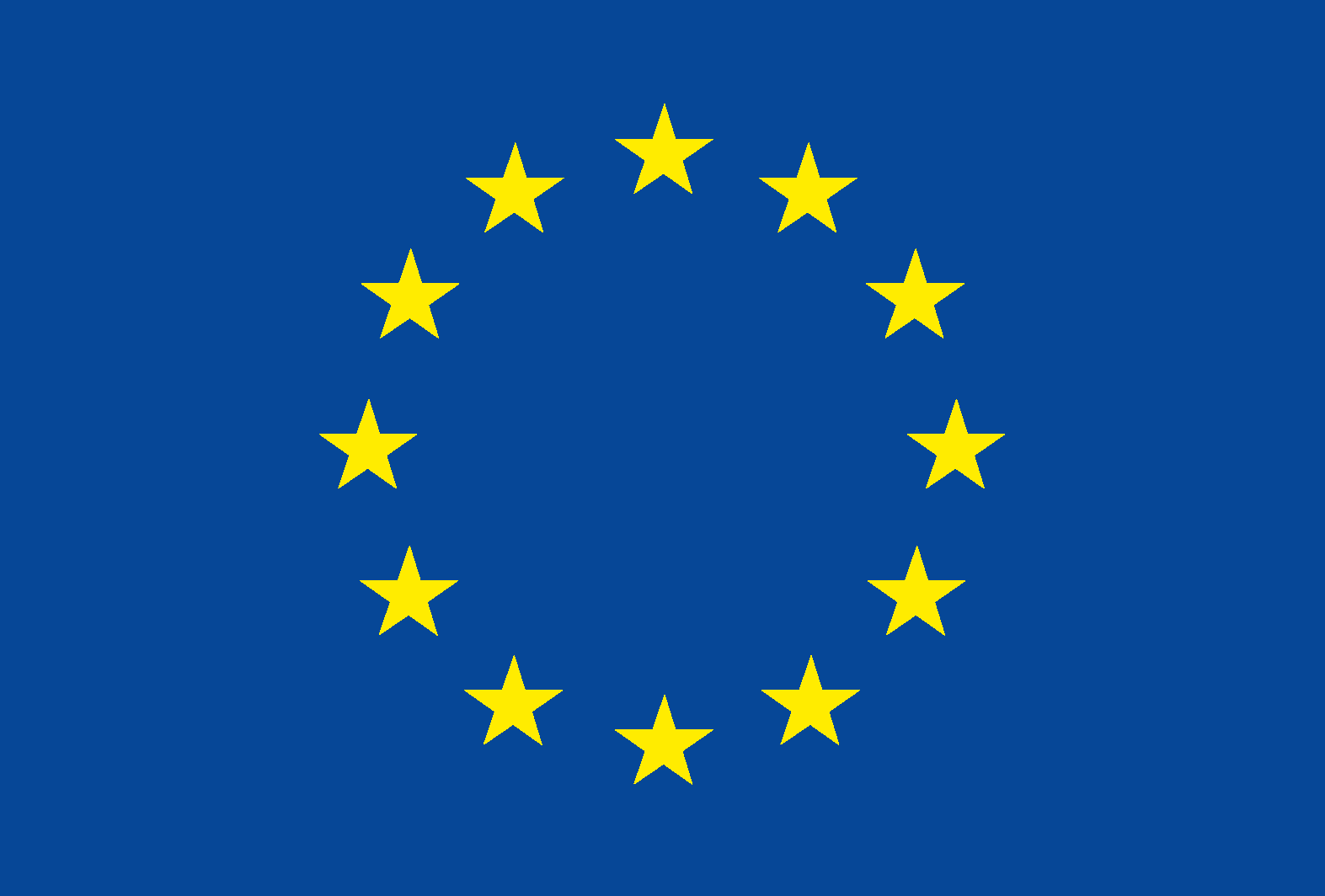Welcome to the third edition of the EUROSHIP newsletter, where we’ll give you a run-down of what’s been happening with our project and with social rights within the EU.
Social rights took centre stage in May as the Portuguese Presidency of the Council of the EU gathered Heads of State and Government, social partners and civil society for the EU Social Summit. In the run-up to the Summit, Social Platform held the annual ‘Building Social Europe’ Flagship Conference where OsloMet was able to present EUROSHIP and its objectives to social civil society and EU policy-makers alike. Social Platform was invited to speak during the closing panel of the Social Summit, and ahead of the intervention Social Platform and OsloMet released a joint statement calling on EU and national leaders to take united action to pave the way towards a social Europe for all.
In April, Social Platform met with the EU Social Protection Committee’s group on indicators to contribute to the European Pillar of Social Rights scoreboard review, and EUROSHIP actively provided input through the work the project is doing on the review of indicators and data on poverty and social exclusion. As policy experts it’s easy for us to get bogged down in the detail, but what is vital is that we breakdown the reasons why indicators are important. Behind these indicators, often obscured by the swathes of data and statistics, there are real people – many in vulnerable situations – who live with the day-to-day realities of EU and national policies.
For example, our recent research report on work-life balance shows that workers that experience intersecting inequalities have problematic access to work-life balance entitlements. In all seven EUROSHIP countries (Estonia, Germany, Hungary, Italy, Norway, Spain and the United Kingdom) migrant women are more likely to be in atypical employment and less able to benefit from work-life balance policies such as paid maternity leave and early childhood education and care. So far, social inequalities related to race, gender, age etc., have received very little visibility in discussions on work-life balance. This is why it’s so important that indicators better represent society in all its diversity and capture the intersecting inequalities that still prevail in our societies, especially as we strive to recover from the COVID-19 pandemic.
Over the last few months EUROSHIP has published several research reports that are available on our website. The EUROSHIP project had its first midterm review in June, and we have adapted the project priorities to follow the EU’s work on adequate minimum wages; in September, the European Parliament’s Employment and Social Affairs Committee is expected to vote on the proposed Directive, and we will be keeping a close eye on this. It’s not only a key step towards improving social standards for people working in the EU, but also as a sign that the EU has the political capital to lead on social issues that have traditionally been handled at national level.
There are strong signals that a shift is coming, even on the global stage, with the G7 reaching an agreement on tax justice that could lead to uber-rich multinational companies finally paying their fair share. The pandemic is a catalyst for this renewed focus on social rights, and it’s vital that we seize this momentum and provide solutions that close the inequality gap and rebuild an EU that is resilient to future crises and leaves no one behind.
We look forward to continuing our work with you to make this vision of Europe a reality for all!
Best wishes,
Rune Halvorsen (OsloMet) & Alva Finn (Social Platform)


